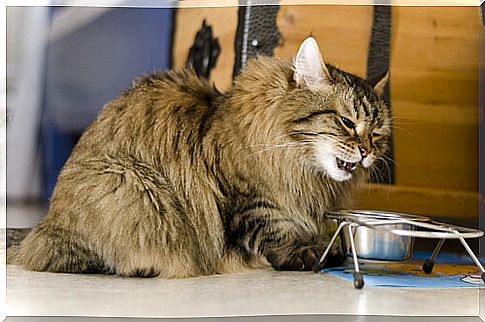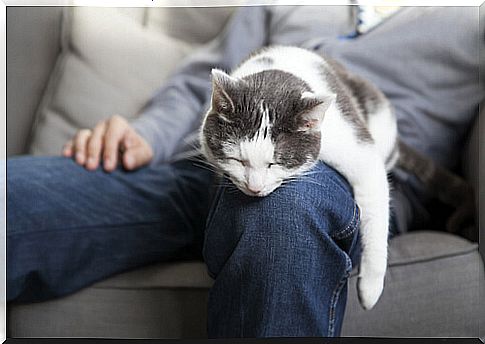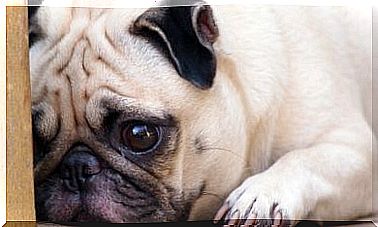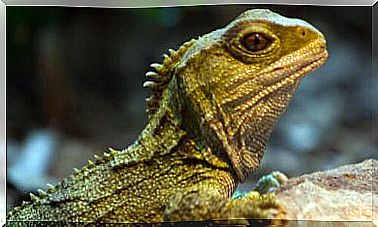Food Hypersensitivity In Cats

A normal immune system reacts when it identifies a foreign protein such as those found on the outside of bacteria. This foreign material, which encourages an immune system reaction, is known as an antigen. The body reacts by producing antibodies that attack these antigens. This system of antibodies and antigens is known as the immune complex.
Now, a hypersensitive immune system is one that overreacts to certain stimuli. This hypersensitivity reacts by producing a large amount of antibodies that even begin to attack healthy cells. This has to do with allergies and genetic predispositions. Here are some types of food hypersensitivity in cats.
Type I or immediate hypersensitivity

In immediate hypersensitivity the reaction of the immune system is immediate and very severe. Symptoms are caused by cells overreacting, releasing large amounts of histamine and other chemicals. This type of reaction occurs when an animal is allergic to certain factors, as humans are allergic to a bee sting or penicillin. This is known as anaphylaxis (a severe allergic reaction throughout the body). It also usually happens with inhaled substances such as pollen, allergies to flea bites or other antigens that produce allergic symptoms after a few minutes of being exposed. Hives are an example of immediate hypersensitivity.
Type II or mediated antibody hypersensitivity
These hypersensitivities occur when the body produces antibodies to proteins in its own cells. This is also known as an autoimmune reaction. In autoimmune hemolytic anemia, the body produces antibodies against its own red blood cells, destroying them and causing anemia. Reactions to transfusions or transplanted organs are also examples of this type of reaction.
Type III hypersensitivity or mediated immune complex
The overreaction of the immune system in type III hypersensitivity causes a large number of immune complexes to form in the body and lodge in certain organs. An example of this is a type of kidney disease called glomerulonephritis, which occurs when these compounds reach the kidneys and block their ability to clean the blood. Lupus erythematosus and rheumatoid arthritis are other examples of this type of hypersensitivity.
Type IV or delayed hypersensitivity
The delayed hypersensitivity occurs more than 24 hours after your pet has been exposed to the antigen. Allergic contact dermatitis is an example of this allergy. This is the type of reaction that occurs in animals when they have been in contact with substances, chemicals or heavy metals.
Hypersensitivity and genetics

All cases of allergies, whether they are mild or severe, have a genetic origin. If your cat has become allergic to certain vaccines, drugs, foods, pollens or parasite bites, it is because its genetic material was pre-programmed so that its immune system was capable of formulating an allergic response. The substance itself is not the cause of the allergic reaction, but is something that is genetically transmitted from parent to child.
These reactions can occur in food. If at any time you notice that your cat has allergic reactions to certain products, go to your veterinarian and bring the food. Your pet may be tested to determine which of the substances in their food is causing the allergic reaction. Once identified, it is very likely that you should eliminate it from your cat’s diet, as it can cause increasingly serious reactions that can even put your pet’s life at risk.
You can see the reactions in their skin, in their way of breathing and even in their attitude after having consumed the substance. The truth is that your cat will most likely stop eating it when he feels uncomfortable, as his survival instinct will tell him that he should not continue eating. So if, suddenly, your kitten stops eating his favorite food, pay attention to his reactions: it may be that you are facing a period of food hypersensitivity in your pet. You must act quickly, but always calmly. Remember that your little friend perceives your emotions so try not to make him nervous, as he can produce a chain reaction if he secretes more antibodies due to the adrenaline in his blood.









